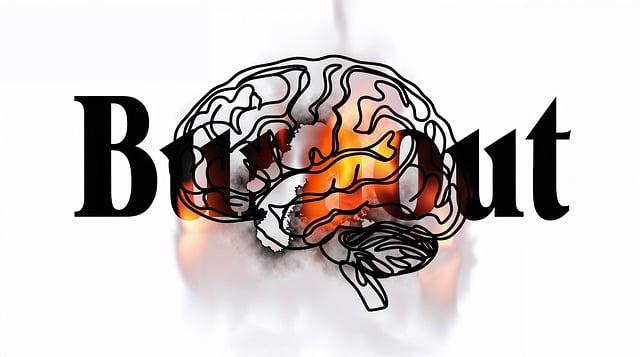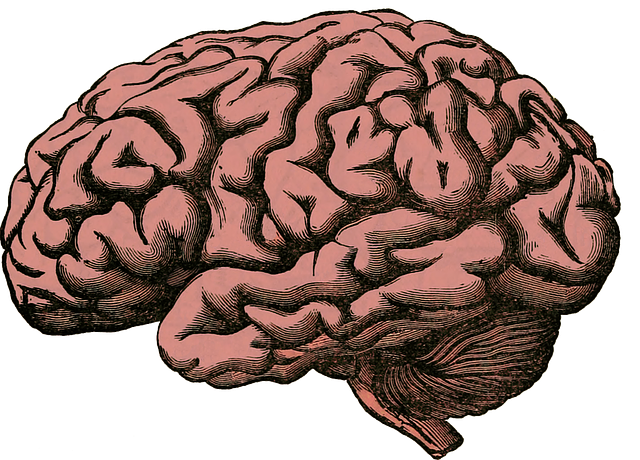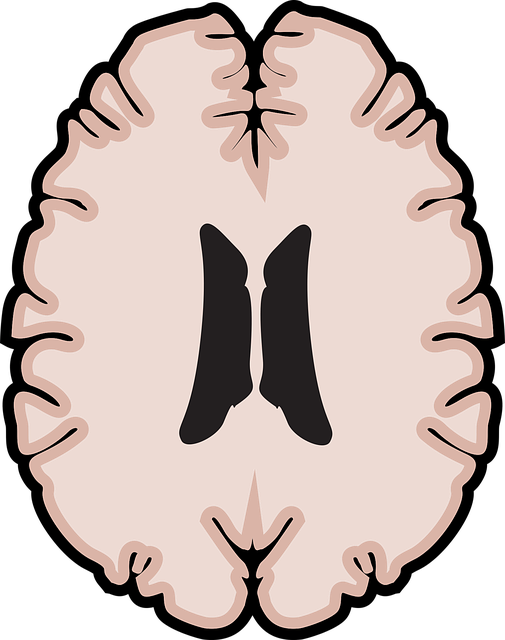Mood regulation is crucial for achieving well-being, especially in navigating complex interpersonal issues. Northglenn Interpersonal Issues Therapy (NIIT) offers a powerful approach by addressing relationship conflicts and emotional distress through cognitive and behavioral techniques. This therapy equips individuals with coping mechanisms, improves self-esteem, and enhances overall mental health. By combining strategies like structured journaling, mindfulness exercises, CBT, and risk assessment, NIIT promotes effective mood management, personal growth, and resilience, ultimately enhancing quality of life and relationships.
Mood regulation is a vital aspect of emotional well-being, influencing our daily lives and interactions. This comprehensive guide explores various strategies to manage and enhance your mood, focusing on interpersonal issues and overall mental health. We delve into evidence-based approaches like Northglenn Interpersonal Issues Therapy, which offers powerful tools for effective mood management. Additionally, cognitive and behavioral techniques are showcased to empower individuals in controlling mood swings and achieving emotional balance.
- Understanding Mood Regulation and Its Impact on Well-being
- Northglenn Interpersonal Issues Therapy: An Approach to Effective Mood Management
- Cognitive Strategies for Controlling Mood Swings
- Behavioral Techniques to Enhance Emotional Balance
Understanding Mood Regulation and Its Impact on Well-being

Understanding Mood regulation is a pivotal step towards enhancing overall well-being. It involves recognizing and managing emotional states effectively, ensuring they align with our daily functioning and relationships. In many cases, such as when facing Northglenn Interpersonal Issues Therapy, individuals may struggle to navigate complex social interactions or past traumas that impact their mood. These challenges underscore the importance of learning effective mood regulation strategies.
Implementing these techniques fosters self-esteem improvement by empowering individuals to better understand and control their emotional responses. Moreover, they play a crucial role in mental health education programs design, helping to dispel myths surrounding emotions and promoting healthy coping mechanisms. Through exploring emotional healing processes, individuals can break free from negative patterns, leading to improved quality of life and stronger relationships.
Northglenn Interpersonal Issues Therapy: An Approach to Effective Mood Management

Northglenn Interpersonal Issues Therapy (NIIT) is a highly effective approach to managing and regulating moods. This therapeutic method focuses on identifying and resolving interpersonal conflicts that often contribute to emotional distress and mood disorders. By addressing relationship issues, NIIT empowers individuals to develop inner strength and enhance their coping mechanisms. Through this process, clients learn valuable conflict resolution techniques, enabling them to navigate challenging interactions with better control over their emotional responses.
The therapy also involves a comprehensive risk assessment for mental health professionals, ensuring that both the therapist and client are prepared to handle any potential triggers or setbacks. By combining these strategies, Northglenn Interpersonal Issues Therapy offers a holistic solution, fostering not just effective mood management but also personal growth and resilience in individuals seeking to improve their overall well-being.
Cognitive Strategies for Controlling Mood Swings

Cognitive strategies play a pivotal role in controlling mood swings and are often explored within Northglenn Interpersonal Issues Therapy. These techniques empower individuals to recognize and challenge negative thought patterns, thereby influencing their emotional state. By implementing structured mental wellness journaling practices, one can identify triggers and track the effectiveness of coping mechanisms. This reflective process provides valuable guidance in understanding individual responses to stress.
Additionally, stress management workshops offer a collective platform for learning various strategies, including mindfulness exercises and cognitive restructuring. Regular participation in such workshops enhances emotional regulation by equipping individuals with tools to navigate interpersonal challenges more effectively. Incorporating these practices into daily routines can significantly contribute to maintaining balanced moods and overall mental wellness.
Behavioral Techniques to Enhance Emotional Balance

Behavioral techniques play a pivotal role in enhancing emotional balance and are often integral to practices like Northglenn Interpersonal Issues Therapy. One such effective strategy is cognitive-behavioral therapy (CBT), which helps individuals identify and challenge negative thought patterns and replace them with more adaptive ones. By modifying these thoughts, emotions, and behaviors, CBT facilitates a greater sense of control over one’s mood.
Additionally, mindfulness meditation has gained prominence as a valuable tool for mental wellness. This practice encourages individuals to focus on the present moment, cultivating awareness without judgment. Regular engagement in mindfulness exercises can enhance emotional regulation by reducing reactivity to distressing thoughts and emotions. Similarly, Mental Wellness Journaling Exercises Guidance can empower individuals to track their moods, identify triggers, and gain insights into their emotional patterns, fostering better self-understanding and proactive mood management.
In conclusion, understanding and managing one’s mood is a powerful tool for enhancing overall well-being. The article has explored various strategies, from interpersonal therapy like Northglenn Interpersonal Issues Therapy to cognitive and behavioral techniques, all of which play a significant role in navigating and regulating emotions effectively. By incorporating these practices into daily life, individuals can gain better control over their moods, fostering a more balanced and fulfilling existence.














